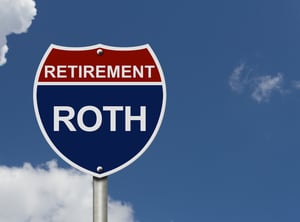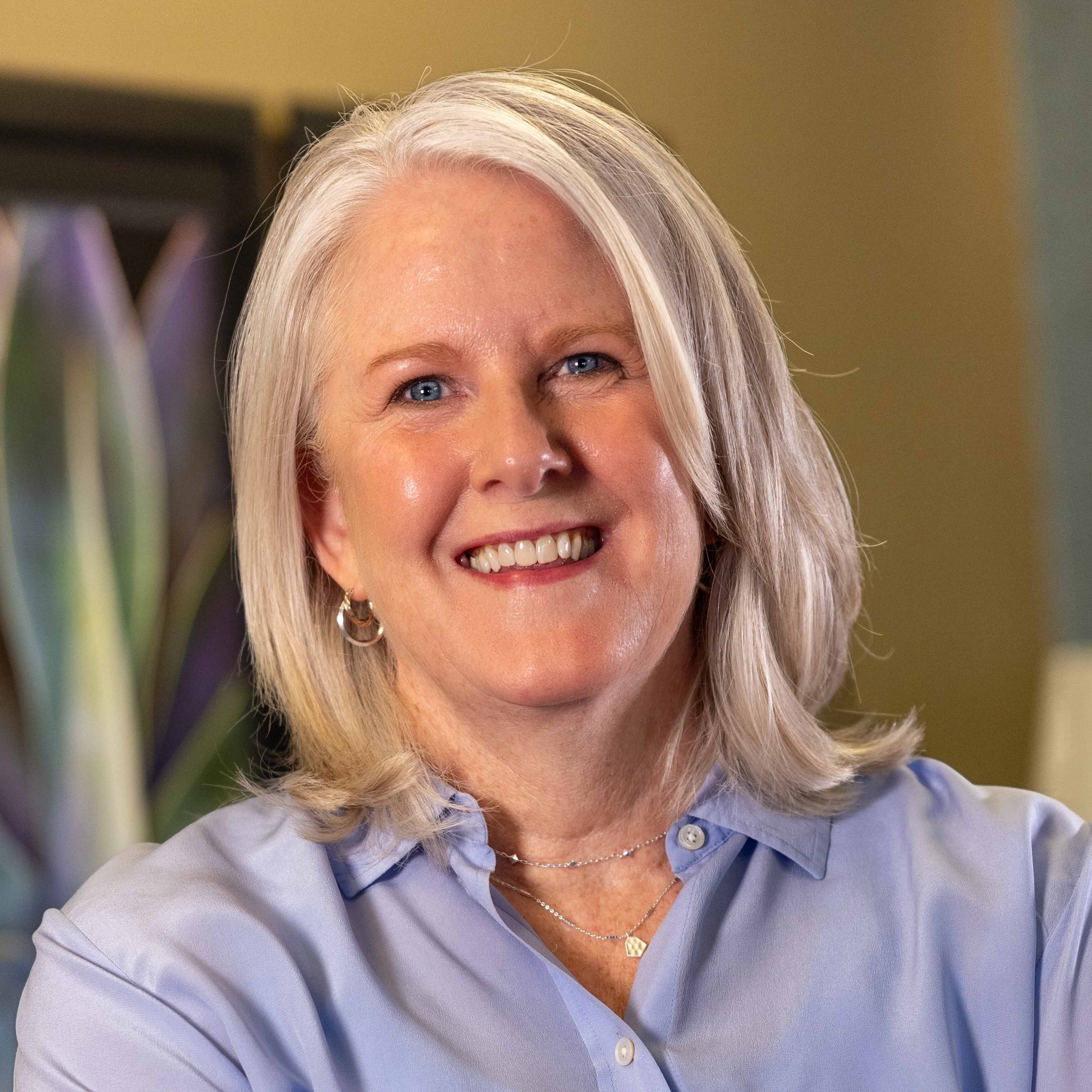 The allure of tax free money is strong, especially when saving for your retirement. One way to accumulate tax free funds is to take advantage of a Roth Individual Retirement Account (IRA) account. You can fund a Roth IRA a number of ways, one by contributing to a Roth IRA directly or by converting your traditional Individual Retirement Account (IRA) dollars to a Roth IRA. I would like to focus on how to take advantage of converting a traditional IRA to a Roth IRA.
The allure of tax free money is strong, especially when saving for your retirement. One way to accumulate tax free funds is to take advantage of a Roth Individual Retirement Account (IRA) account. You can fund a Roth IRA a number of ways, one by contributing to a Roth IRA directly or by converting your traditional Individual Retirement Account (IRA) dollars to a Roth IRA. I would like to focus on how to take advantage of converting a traditional IRA to a Roth IRA.
Should I convert my Individual Retirement Account (IRA) to a Roth IRA? The answer is, as with most financial questions, it depends.
How Retirement Accounts are Taxed
If you are contribution to an IRA, 401k, 403b or other employer retirement account, you pay income tax on any funds that you withdraw. Just like a paycheck is taxed. When you withdraw funds from a Roth IRA, assuming you followed all the rules, there is no tax. None.
What is a Roth conversion?
A Roth IRA conversion occurs when you transfer funds from your IRA into your Roth IRA. You pay ordinary income tax on the funds you convert in the tax year you do the conversion. Just as if you earned those funds at a job. The idea is to pay income tax at the time of conversion on those funds, and never pay tax again.
Does it make sense to convert?
It might make sense for you to convert funds if the tax on the dollars you convert is lower today than the tax rate you may find yourself in the future. For example, if you are in the 24 percent tax rate now and later in the future you think you will be in the 12 percent tax rate, then it does not make sense to pay a higher tax now. But, if the flip side is that you are in the 12 percent tax rate now and in the future you think you’ll be in a higher tax rate, then it might make sense to convert.
What are those rules?
To withdraw funds tax free from a Roth IRA you need to (with some exceptions):
- Be over the age of 59 ½.
- The account needs to be open 5 years.
- You need to wait 5 years to withdraw conversion dollars. For every conversion.
What are some signs that you might be a candidate for converting?
- Your tax bracket lowered due to the new tax law but you think the rates will bounce back in 2026. That’s when the current tax law reverts to what existed previously for individuals, and you think you may be back to a higher bracket.
- You are retired, but not yet taking Social Security or withdrawing from your retirement accounts. This can be a perfect time to convert!
- You have a really big IRA, and when you turn 70 ½ have must start taking your Required Minimum Distributions (RMD) this will force you into a higher tax bracket. An RMD occurs at age 70 1/2, when the IRS requires you to take a certain amount of money from your tax deferred accounts based on your age.
- You stand to inherit taxable funds in the future and your tax bracket will be higher.
- You are in a lower tax bracket than your children and you plan to leave them an inheritance. (They will appreciate inheriting some tax-free funds!)
- You think our whole tax system will be revamped and you will be in a significantly higher tax bracket in the future.
- You are recently widowed and will file as a married person this year. You are currently in a lower tax bracket, but next year when you file as a single person and may be in a higher tax bracket.
- You don’t need any of the dollars you convert for at least 5 years.
What are some signs that you should not convert IRA dollars to a Roth IRA?
- You are currently in a high tax bracket.
- You live in a high tax state and plan to retire to a low tax state. Remember you pay state tax on Roth conversion dollars as well as federal tax.
- You plan to leave those funds to charity. The charity won’t pay tax on IRA dollars left to them, so there is no sense in converting those funds to a Roth IRA.
- You will be in a lower tax bracket later due to the structure of your funds.
- You plan to leave your children an inheritance but they are in a lower tax bracket than you are.
- You don’t have any money outside of an IRA to pay that tax that is due on conversion.
- You need those conversions funds within 5 years.
- You plan to get married in the near future and in doing so, lower your tax bracket.
How much money should you convert?
Assuming you are a candidate for a Roth conversion, you could convert enough dollars to put you to the top of your current tax bracket. If your future tax bracket is several brackets higher than you are in now, you might even convert more, and fill up the next tax bracket.
For example, let’s assume you are 60 years old, have a large savings account and have decided to delay taking Social Security. You are funding your lifestyle from your savings or non-retirement account. Your only income is dividend, interest and capital gains from your non-retirement accounts. You find yourself in the 10 percent tax bracket, but when you turn 70, you plan to take Social Security and you know that between your Social Security and your large Required Minimum Distributions you will find yourself in the 24 percent tax bracket. In addition, you won’t turn 70 until 2028 at which time you believe our tax structure will revert to the old ways, and you think you will actually be in the 28 percent tax bracket. You could convert as enough to fill up the 10 percent bracket, or you could convert more and fill up the 12, 22 or even 24 percent tax bracket. On paper going all the way to the top of the 24 percent bracket makes sense because you will be in the 28 percent bracket in the future. In reality, how much you convert will depend on:
- If you have available funds – outside of your IRA- to pay the tax on the conversion.
- How you feel about paying tax now. Some people dislike it so much they won’t pay extra tax now, even though they know it will save them in the long run.
- How sure you are you will be in a higher tax rate in the future.
Summary
Making a Roth Conversion is a big decision and errors can be costly, but it has the potential to save you money in the long run. We suggest you check with your financial advisor or tax preparer before making a conversion.




